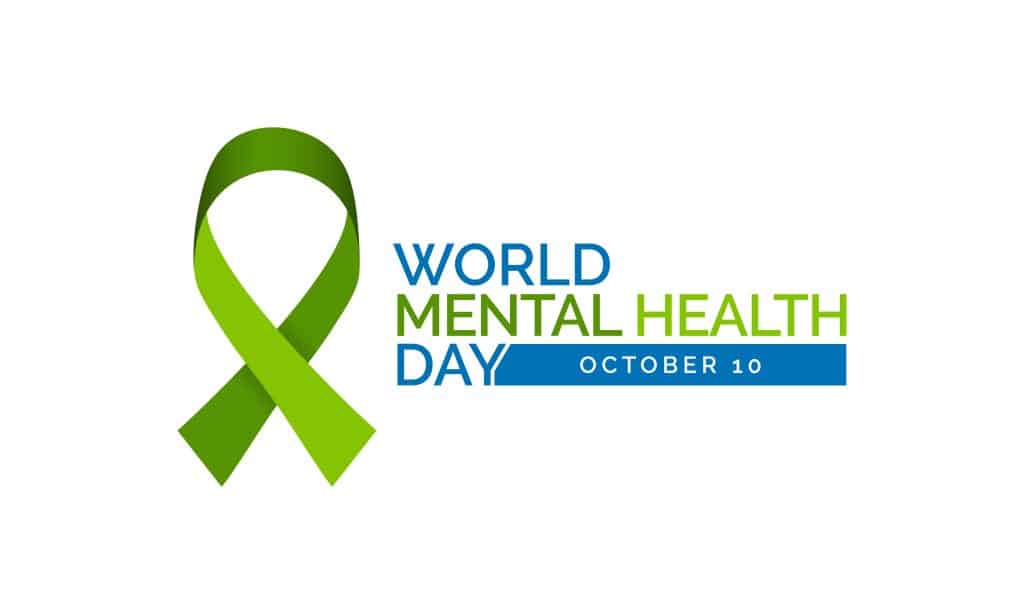The theme of this year’s event, which takes place on October 10, is “mental health is a human right” in a bid to encourage people to be more open about their struggles.
Recognising the importance of mental health has become more prevalent in recent years following the impact of the Covid lockdowns and the current cost of living crisis. Now, charity The Mental Health Foundation is urging people not to stop talking about their mental wellbeing.
Speaking of the event, the Foundation said: “World Mental Health Day is about raising awareness of mental health and driving positive change for everyone’s mental health.
“It’s also a chance to talk about mental health, how we need to look after it, and how important it is to get help if you are struggling.”
Here we share tips to help people struggling with debt and their mental health open up and make positive money changes.
Check if you qualify to write off up to 70% of unsecured debt
Talk about your worries
The link between poor mental health and debt go hand in hand.
According to the Health Foundation, 58% of people living with problem debt report having mid to high levels of anxiety compared to 37% who aren’t.
While it’s understandable that talking about debt can seem difficult, it’s important to remember that there is support available.
If you’re concerned that debt or financial troubles are impacting your mental health, talking to a friend or family member could help. While it may feel like you’re the only person struggling financially, you could be surprised to find that others you know have been in similar situations or know others who are.
If you don’t feel comfortable talking to those closest to you, professional debt advisors can guide you through the process of finding the best solution for your needs or signpost you for additional support.
Remember, a problem shared can be a problem halved.
Plan a budget
Setting a budget is a good way to manage your finances and a positive habit to get into.
Your budget should take all essential living costs into consideration. Think of non-negotiable payments such as your rent or mortgage payment, council tax, utility bills, food and transport costs. This will give you a better idea of what money is left over to allow you to allocate funds for repayments, upcoming events or savings.
Knowing what your incomings and outgoings look like can help you make better spending decisions and alleviate the pressure of an unexpected bill.
Set realistic goals
The importance of saving should never be underestimated. That being said, having a realistic savings goal is just as important as saving in the first place.
This isn’t a case of go big or go home. Instead, set small money milestones to work your way towards a bigger savings goal. No matter whether you’re planning to save for Christmas, a holiday or paying off debt, having a realistic plan will help you achieve it.
Acknowledge your achievements
No matter how big or small your goal is, if you achieve it, give yourself a pat on the back.
Dealing with debt, saving or just money management in general isn’t always easy so don’t be ashamed to give yourself props if you open up about your finances or reach a goal.
Find professional support
If you’re worried that your financial situation is impacting your mental wellbeing, it’s important to seek professional support.
Debt specialists are on hand to help guide you through the process of finding the best solution for your needs to help you regain financial control. Alternatively, your GP will be able to help you address any mental health concerns and sign post you for additional support.
For more information about World Mental Health Day and advice on how to talk about mental health, click here.











